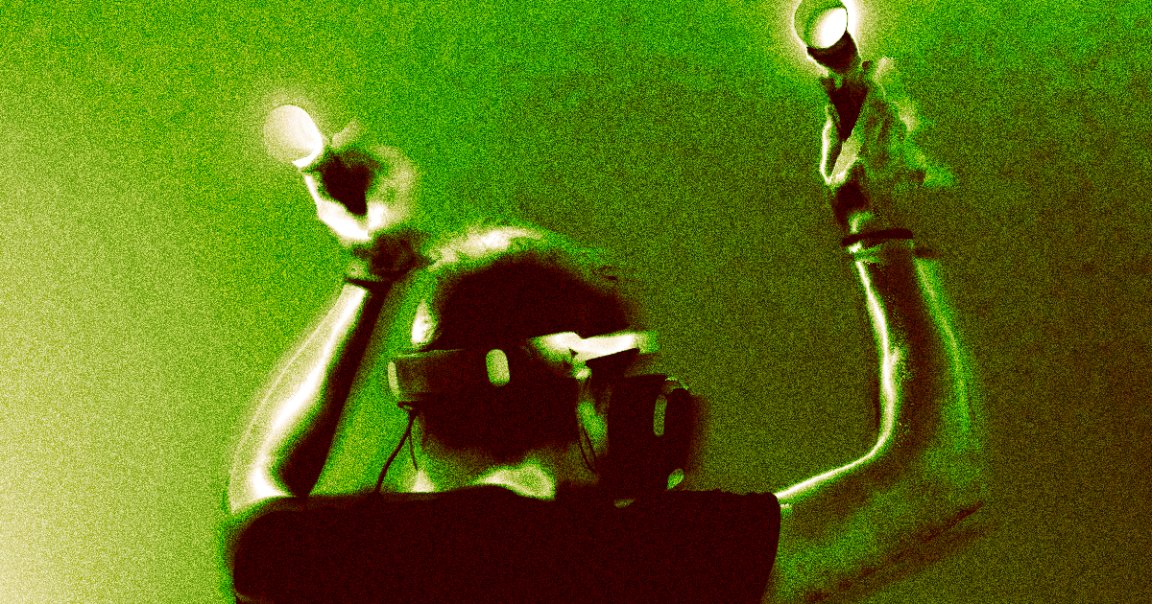
Game On
With powerful engines, near-photorealistic graphics, and the ability to build incredible, immersive worlds, it’s hard to imagine what the next big technological advance in gaming might be.
Based on a recent tweet by Neuralink co-founder and President Max Hodak, the word might not even apply. In it, he hinted — vaguely, to be fair — that whatever forms of entertainment get programmed into neural implants and brain-computer interfaces will represent a paradigm shift that moves beyond the current terminology.
“We’re gonna need a better term than ‘video game’ once we start programming for more of the sensorium,” Hodak tweeted.
Jacking In
The sensorium is loosely defined as our brain and body’s suite of sensory organs and capabilities, or the things that allow us to witness and perceive the world around us. Programming video games — or whatever we end up calling them — that feed directly into those sensory inputs, then, would likely be a huge departure from even the most realistic virtual reality we have today.
Fellow Neuralink co-founder Elon Musk has repeatedly bragged about how the company’s tech will revolutionize digital entertainment — and even announced last month that the company had a monkey with a brain implant that allows it to play video games with its mind.
That’s a far cry from a major gaming revolution like what Hodak hinted at. But it stands to reason that they’re working on it, and we all may find ourselves logging in to Animal Crossing islands or adventures in Azeroth projected directly into our brains.
More on gaming: Oculus Founder Suggests Video Games That Kill You in Real Life